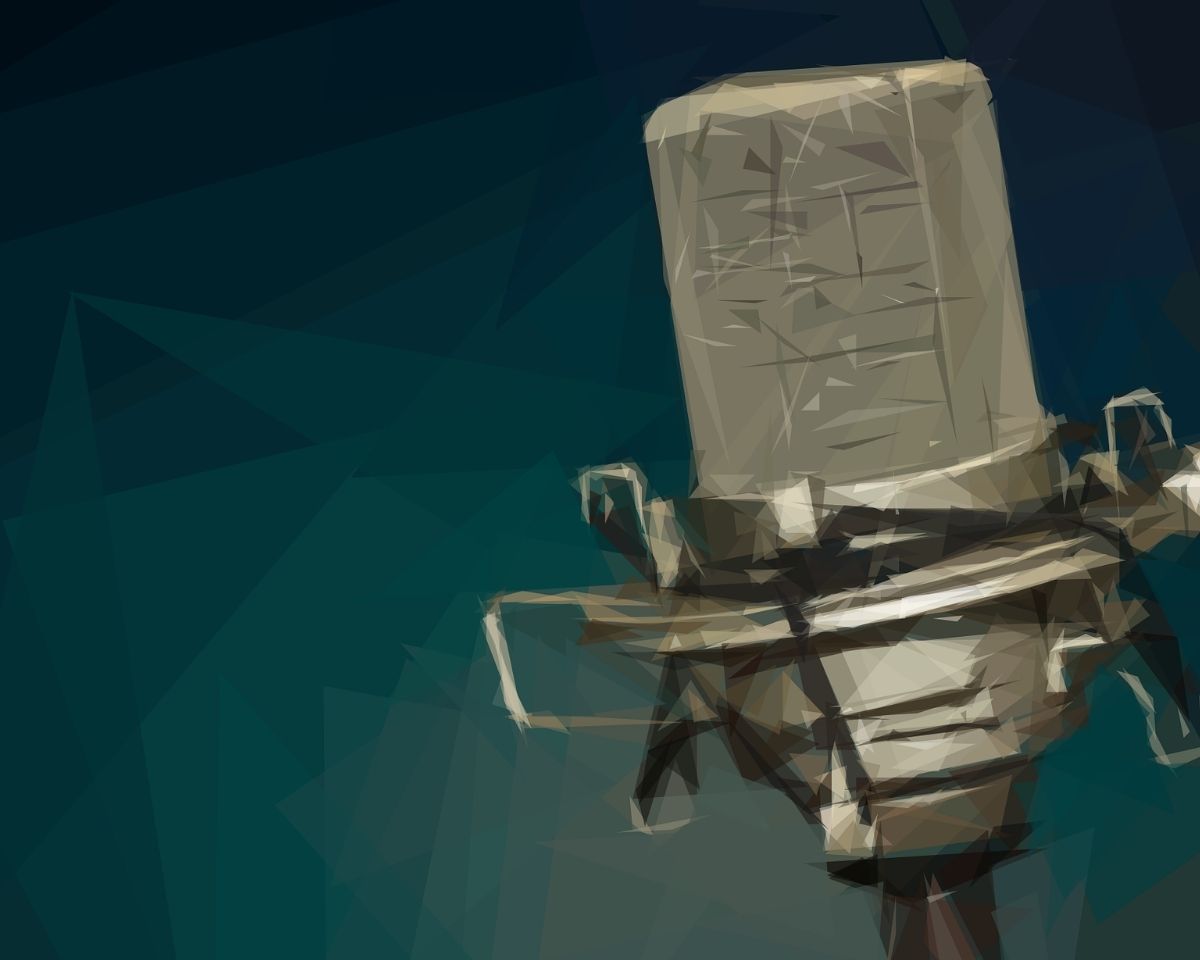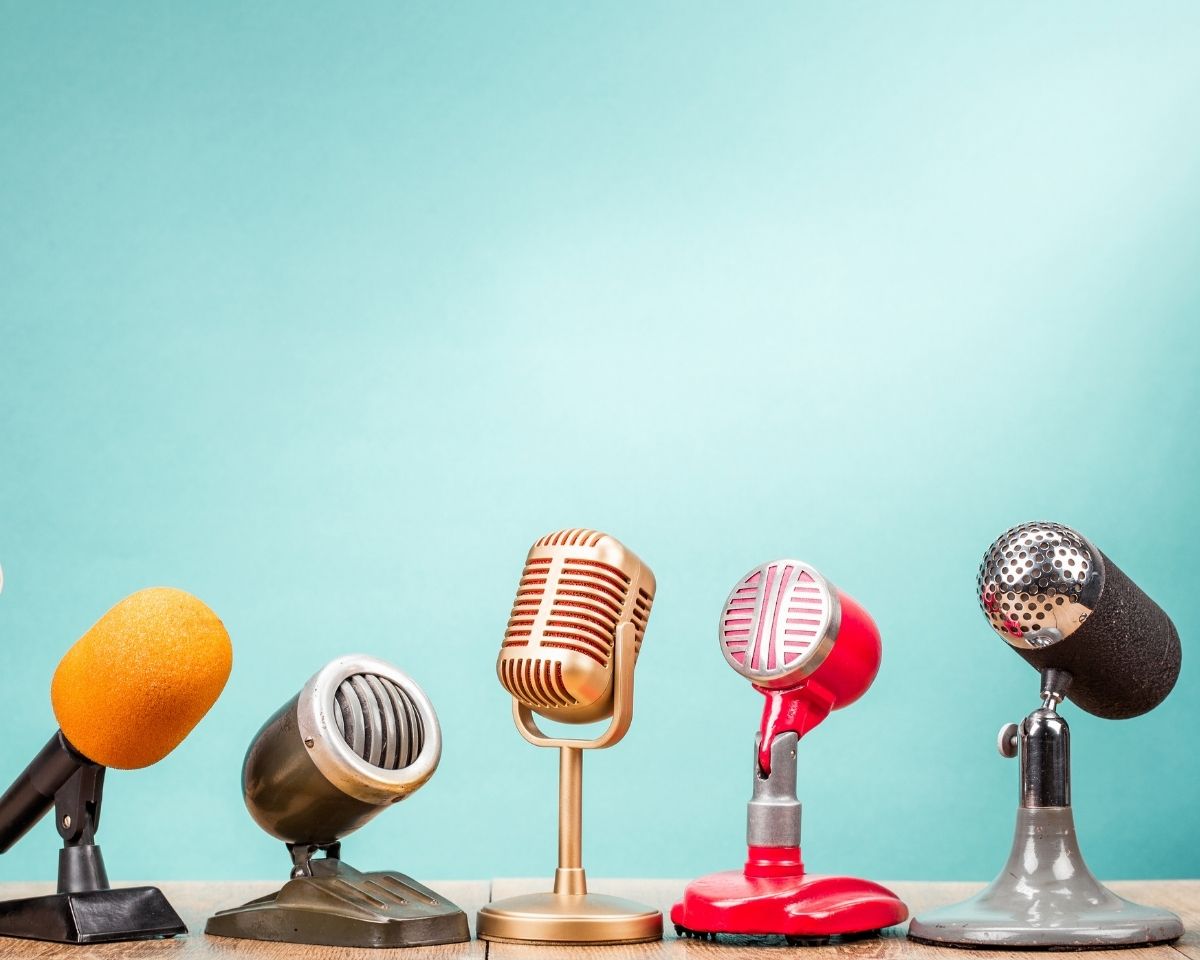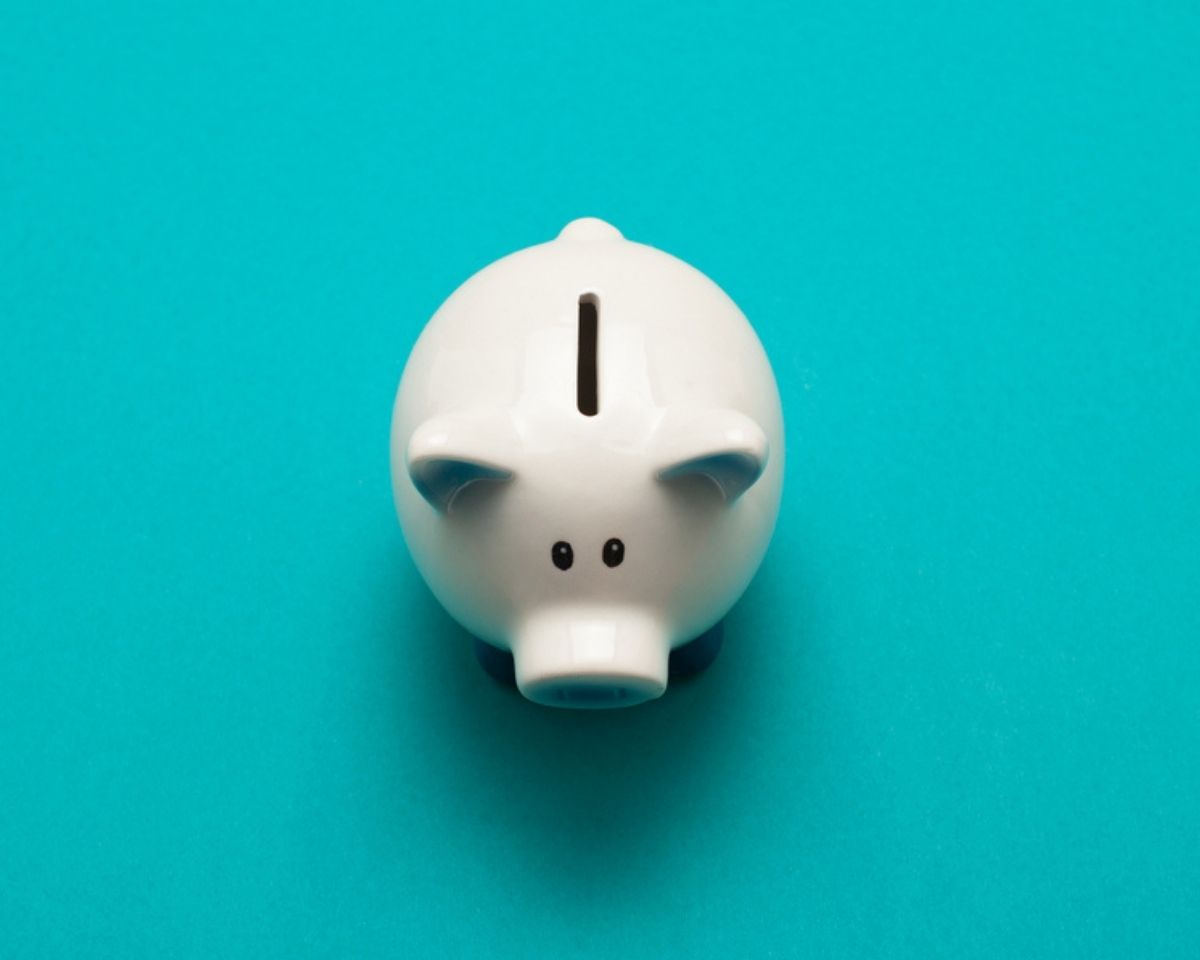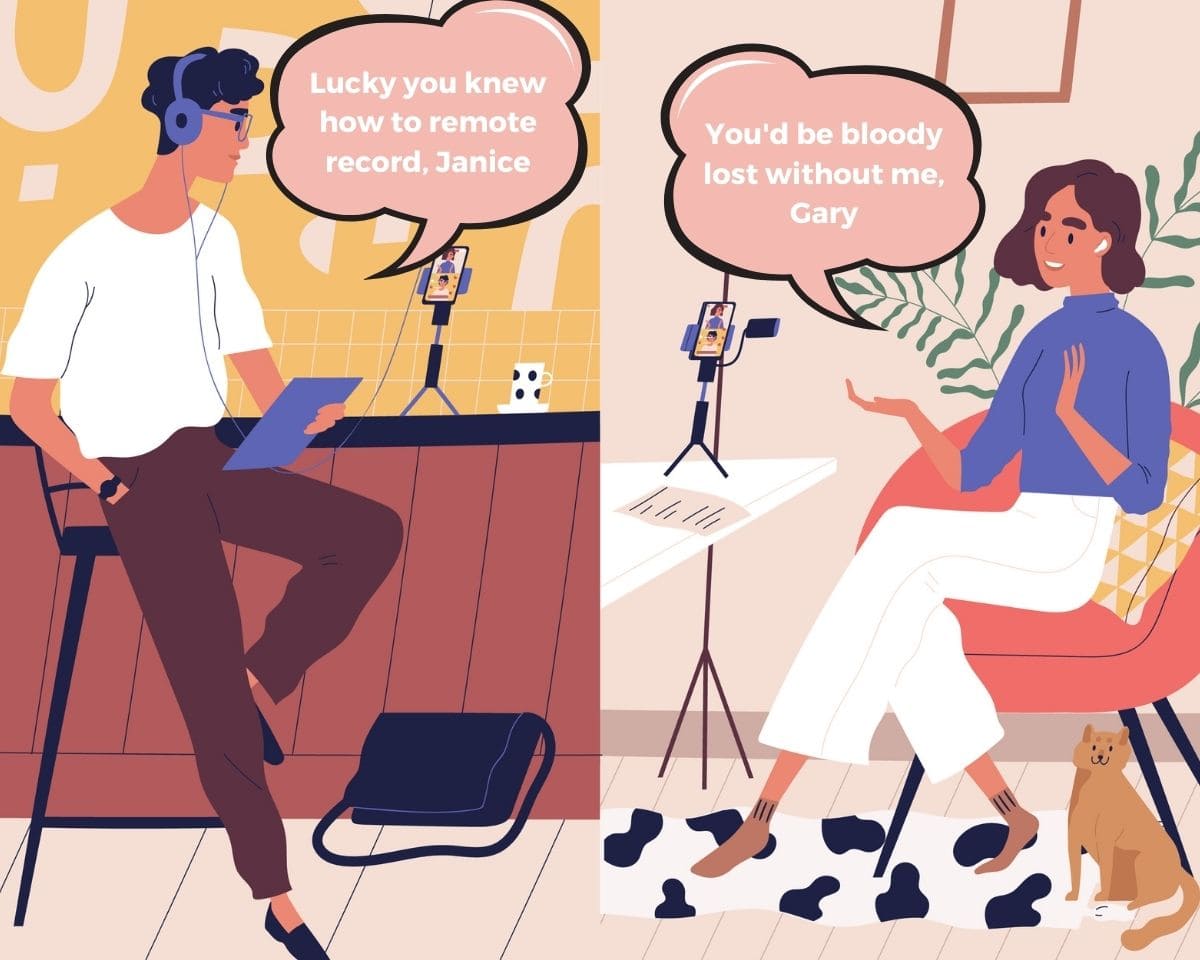How to launch your podcast successfully
If you want to launch a successful podcast there are a lot of things you need to consider both before you get started and once your show is live.
Most podcasts fade out after less than ten episodes because growing an audience is a lot of hard work and people don’t realise how much time and effort it takes to see results.
So how can you increase your chances of your show being a success?
Think about who your show is for
For a podcast to be a success it needs to be created for an audience, not your ego.
That means you need to spend time thinking about who your ideal listener is and make every decision about your idea, format, length and content with them in mind.
Wanting to have your own podcast isn’t enough to guarantee success, you need to create a show people want to listen to.
Choose the right podcast niche
If you’re brand new to podcasting and don’t have an existing following it’s much harder to stand out in a broad niche because there’s often a lot of competition.
You need to think strategically about where your show fits and make sure it’s easily definable so people understand your concept straight away.
The sharper the focus of your idea, the more chance you’ll stand out and standing out will give you a better chance of podcast success.
Make sure you’re passionate about the idea
It can take a long time to build an audience and the only way to grow your listener base is by delivering high-quality content consistently.
That means you need to really love what you’re doing because you might be releasing episodes for a long time before people find your show.
Word of mouth, while slow, is one of the best ways to grow your podcast audience so it’s important to turn up for your listeners no matter how many there are.
Knowing you’ve got an idea that has the potential to engage, entertain and inspire can keep up the motivation required to deliver content consistently which is essential if you want your podcast to be a success.
Pay attention to audio quality
Gone are the days when you can sit down in an echoey kitchen and record your podcast by talking into the built-in microphone on your computer.
There are so many high-quality podcasts out there you have to think long and hard about the quality of your show if you want to compete.
You don’t need to record it in a professional studio or spend a lot of money on equipment but you do need to have respect for your listeners and give them the best audio experience you possibly can.
Choose the right format and length for your podcast
It’s important to put thought into this and come up with a format and length that’s not only right for your audience and your content but right for you.
An hour-long episode might seem like a good idea when you’re starting out but by week six it might be completely unmanageable.
Having guests on your podcast is great in theory but what about the time it takes to book them and manage people’s calendars?
When you think strategically about length and format you’ll have a much better chance of making decisions that will lead to your show being a success.
Also, remember a podcast doesn’t have to go forever and sometimes seasons are a better way to deliver your content.
Think about what’s best for the long-term success of your show, not just what’s exciting when you’re starting out because you need to make decisions you’ll be able to maintain.
Batch record your episodes
One of the hardest parts of podcasting is turning around regular episodes and the more frequently you release shows the harder that is.
Batch recording can help you get ahead of yourself by creating multiple weeks of content in one session.
This can help you maintain consistency in your release schedule which is essential if you want your show to be a success.
Go in with realistic expectations
The majority of podcasts get way fewer downloads than you’d think so don’t make the mistake of setting yourself a goal of a million listeners in six months because it’s going to be a sad old party at the six-month mark.
You’re much better off setting realistic goals and achieving them because that will give you the motivation to keep going.
Promote the crap out of your show
A lot of podcasters make the mistake of tweeting about an episode the day it goes live and then never tweeting about it again.
Social media moves so fast and it might take you posting about your show 10 times before someone notices. They also might not be interested in a link to your episode but might engage if you share a quote, audiogram or meme.
You ideally need to be pulling multiple pieces of content from each episode and sharing your show in as many different ways as possible to increase your chances of people listening.
Practice before you start
The more you understand how long everything is going to take the more prepared you’ll be.
So if you can practice before you go live it’ll really help.
Realistic expectations are helpful when you’re starting out so you don’t step in on day one and realise you’re in way over your head.
If you know what’s ahead you’ll have a much greater chance of making your show a success.
Got a burning question you’d like answered on the podcast? Send me an email.
Want to start your own podcast but need a little help? Download my “How To Start A Podcast” guide or sign up for my online podcasting course, PodSchool.
















